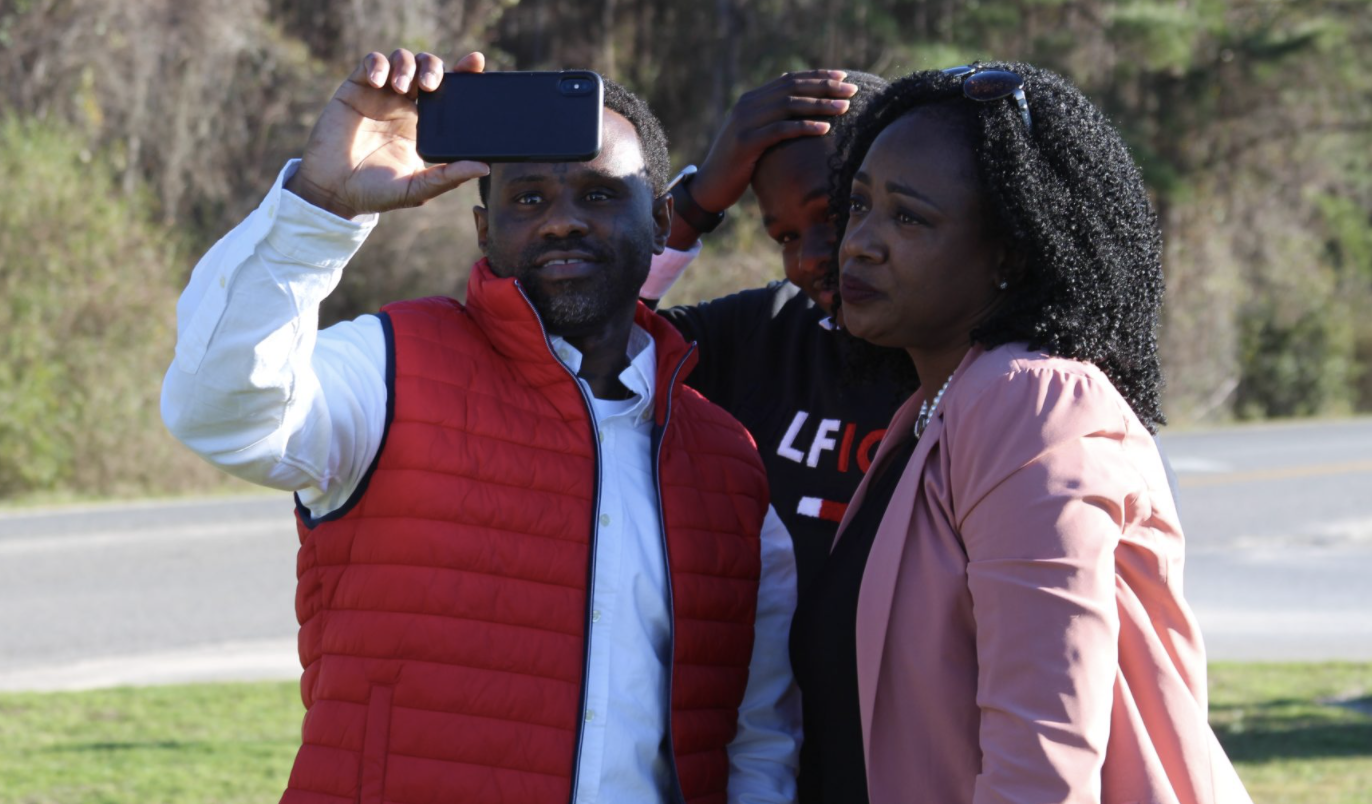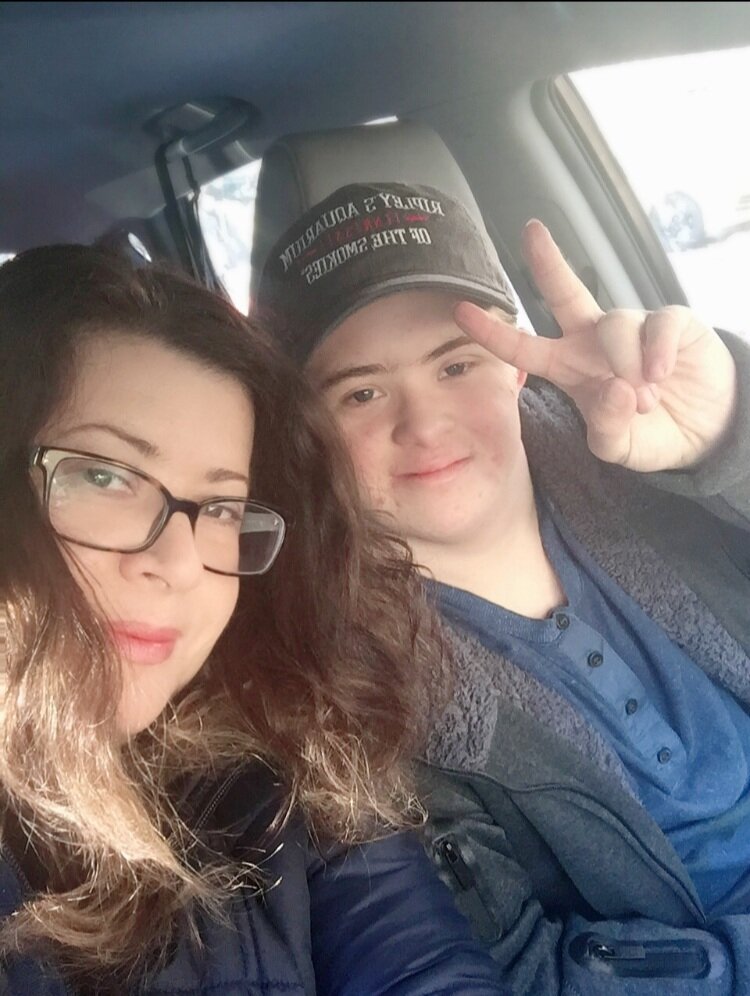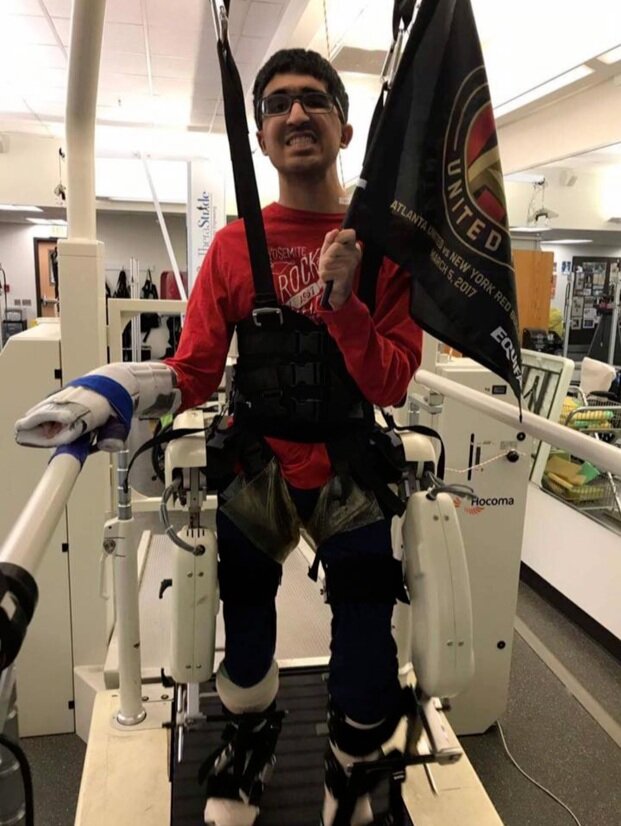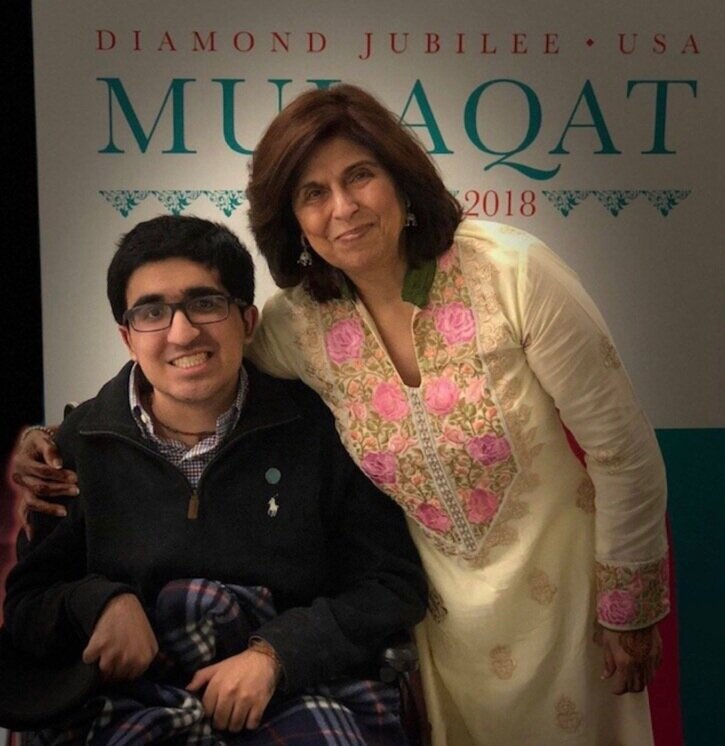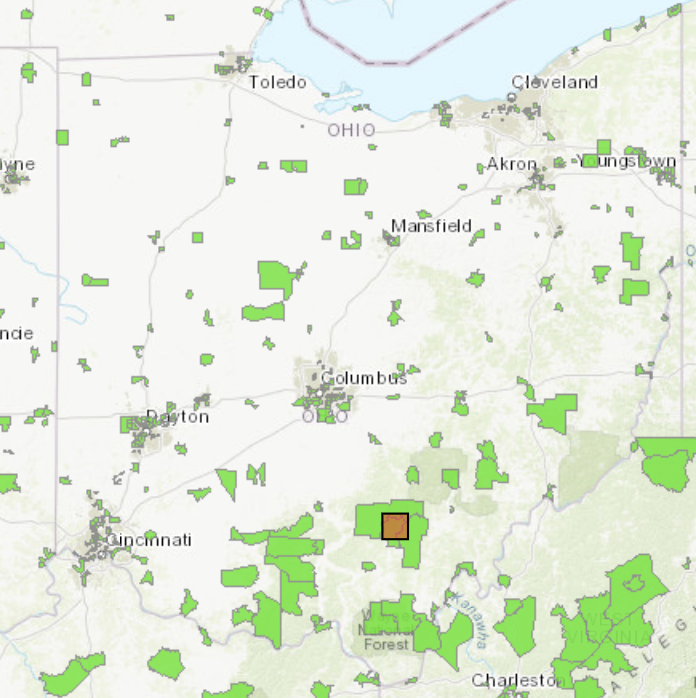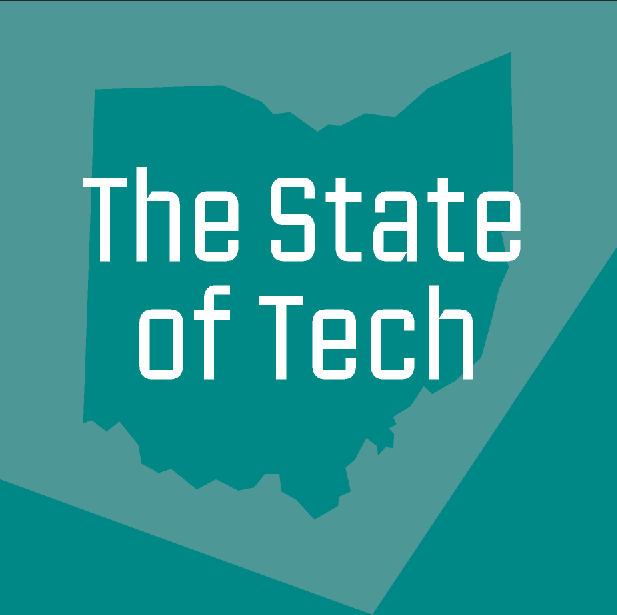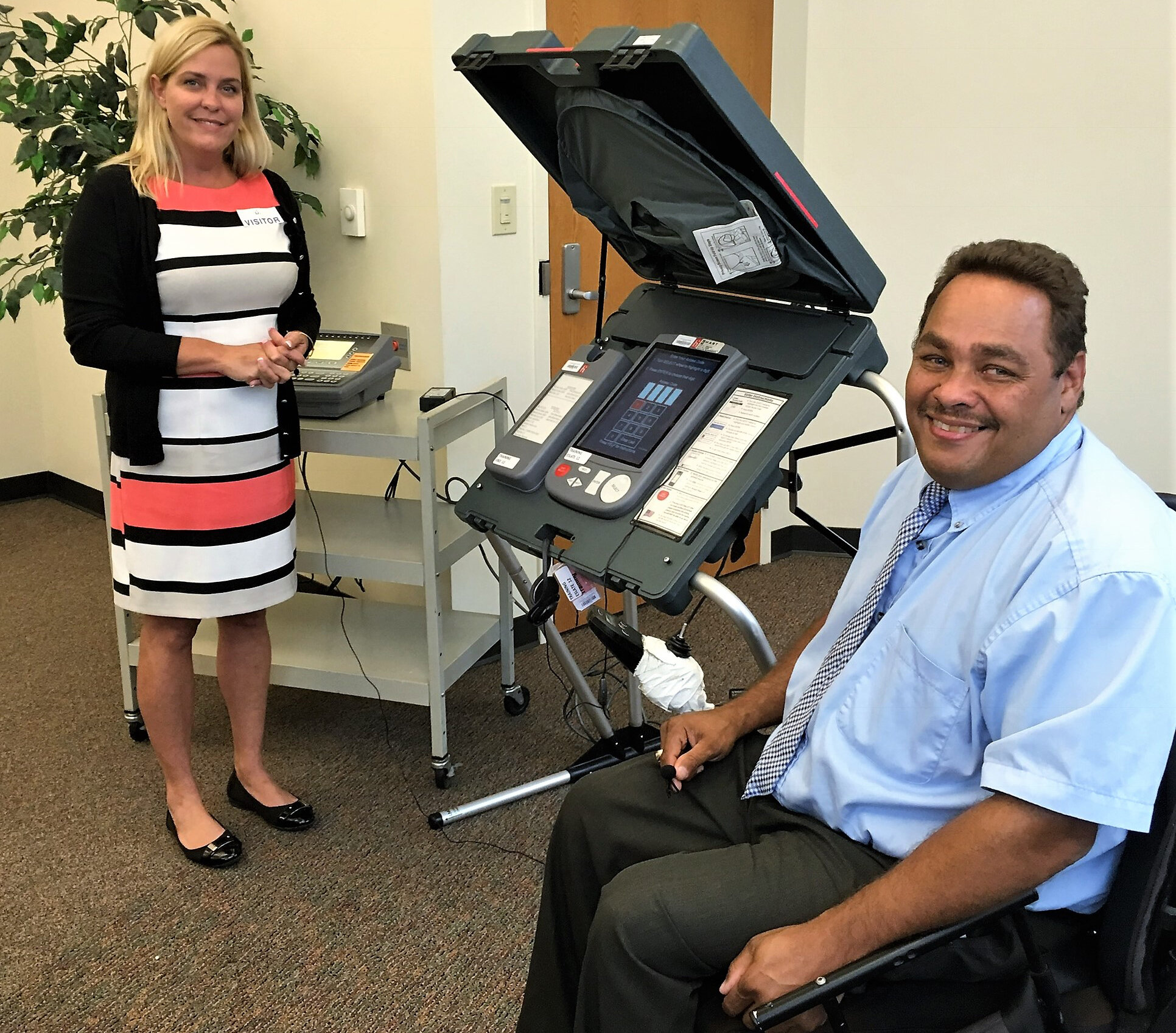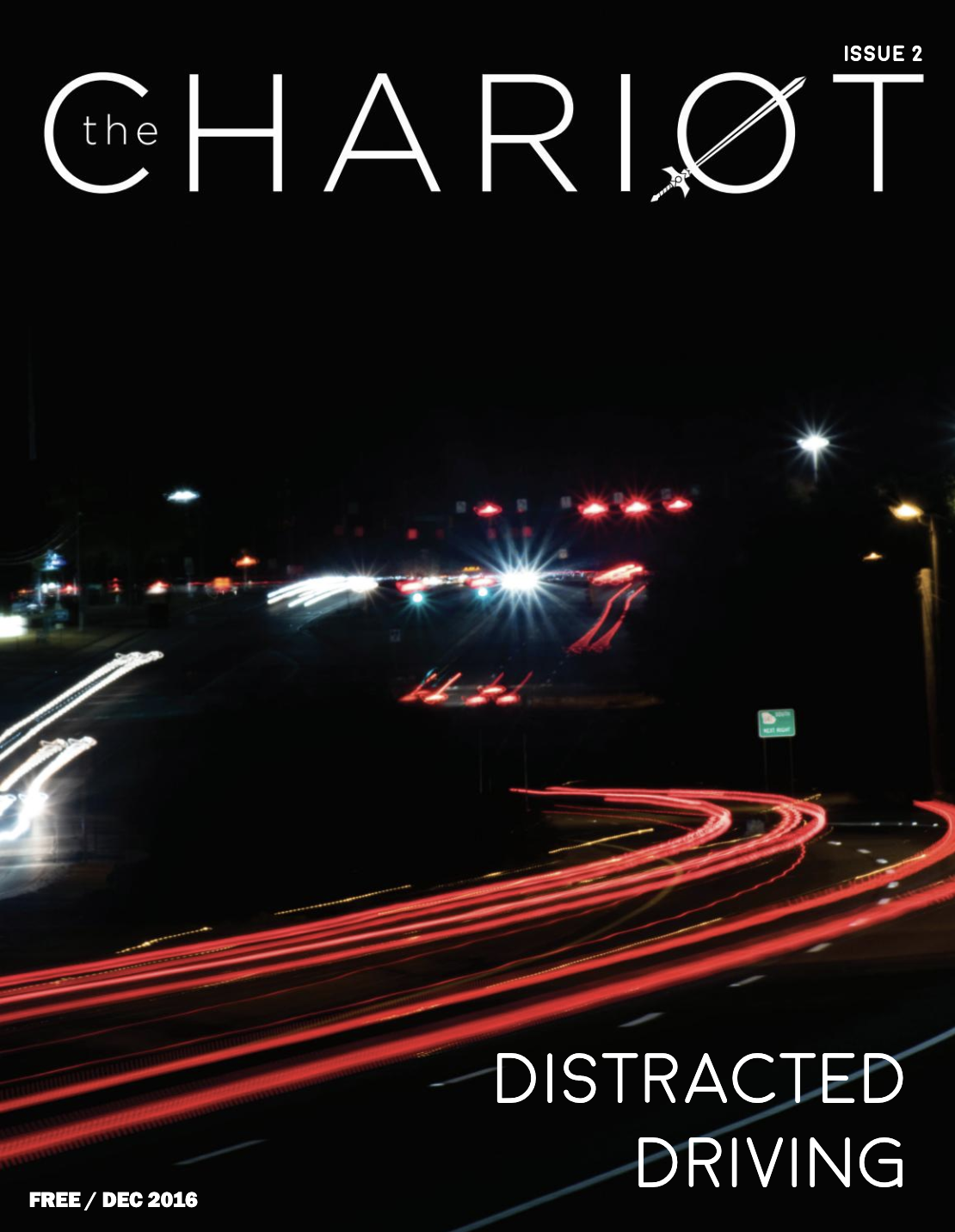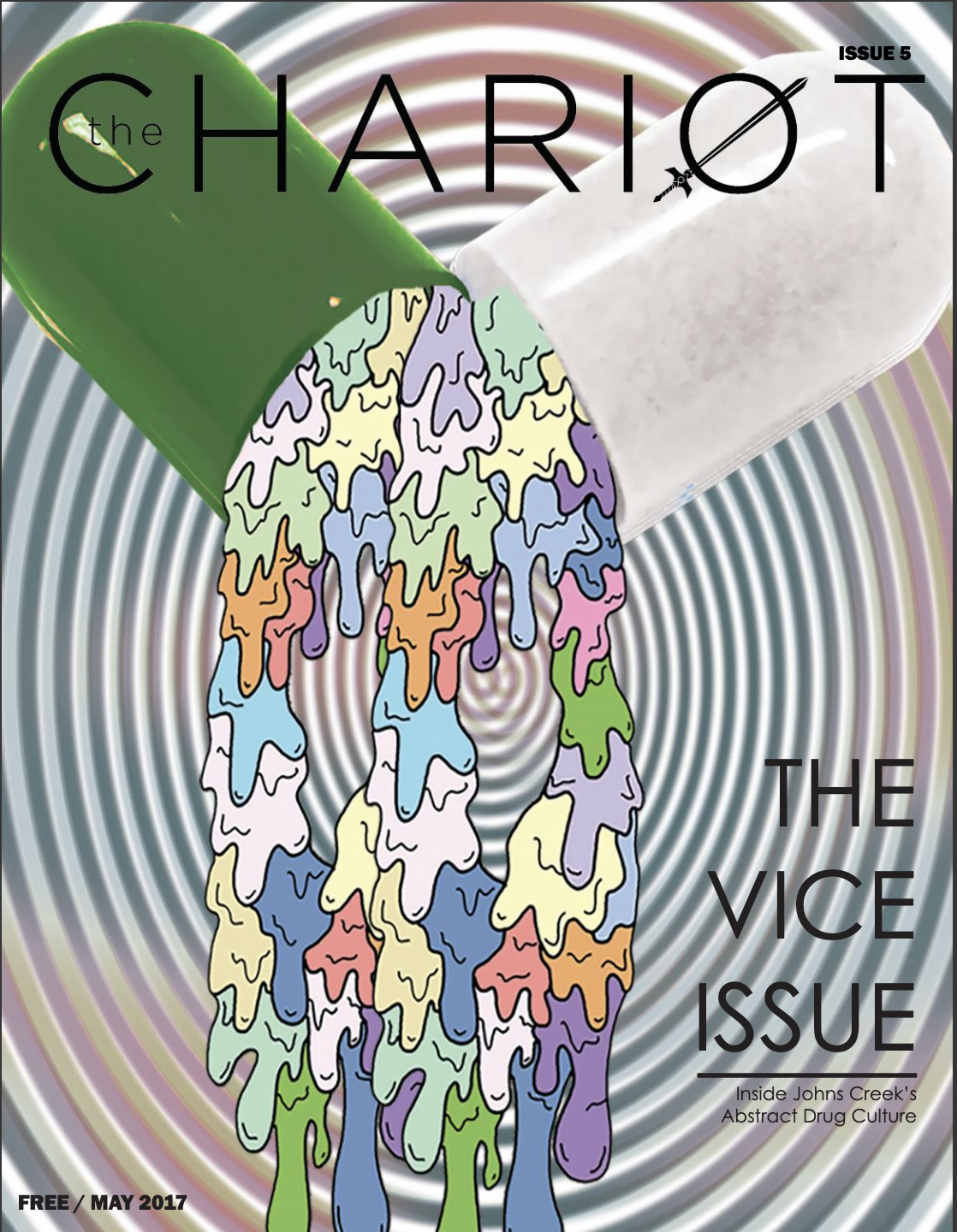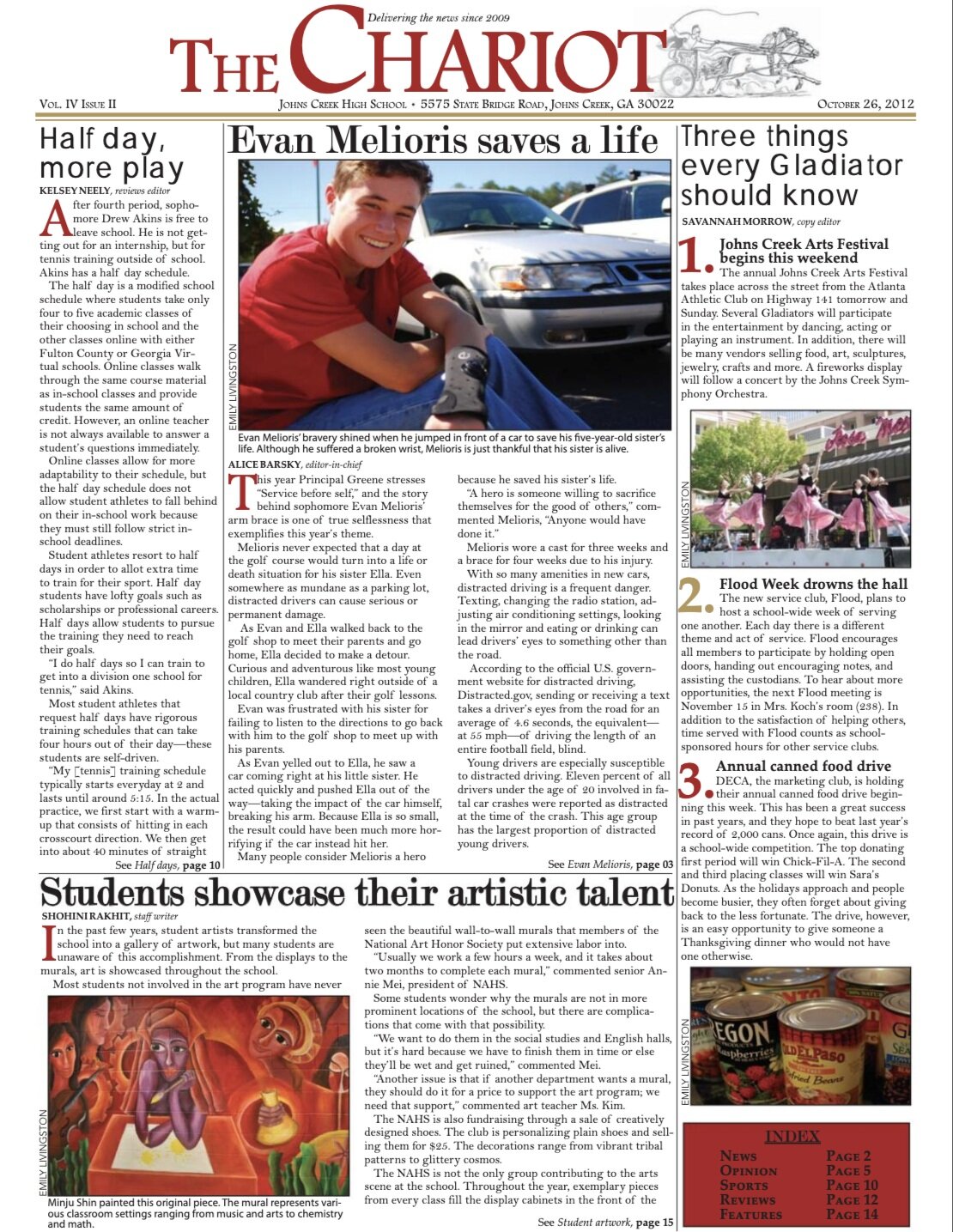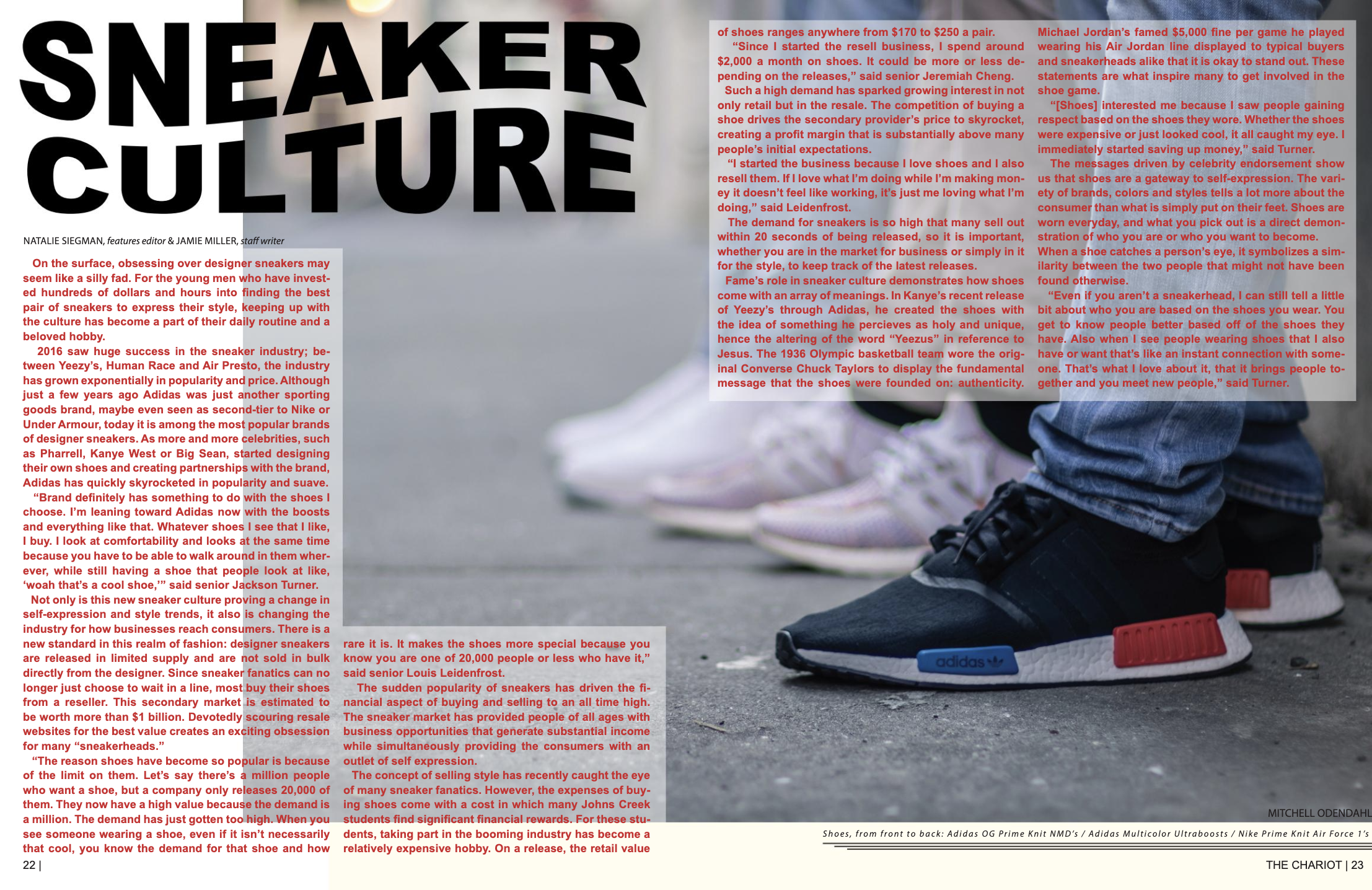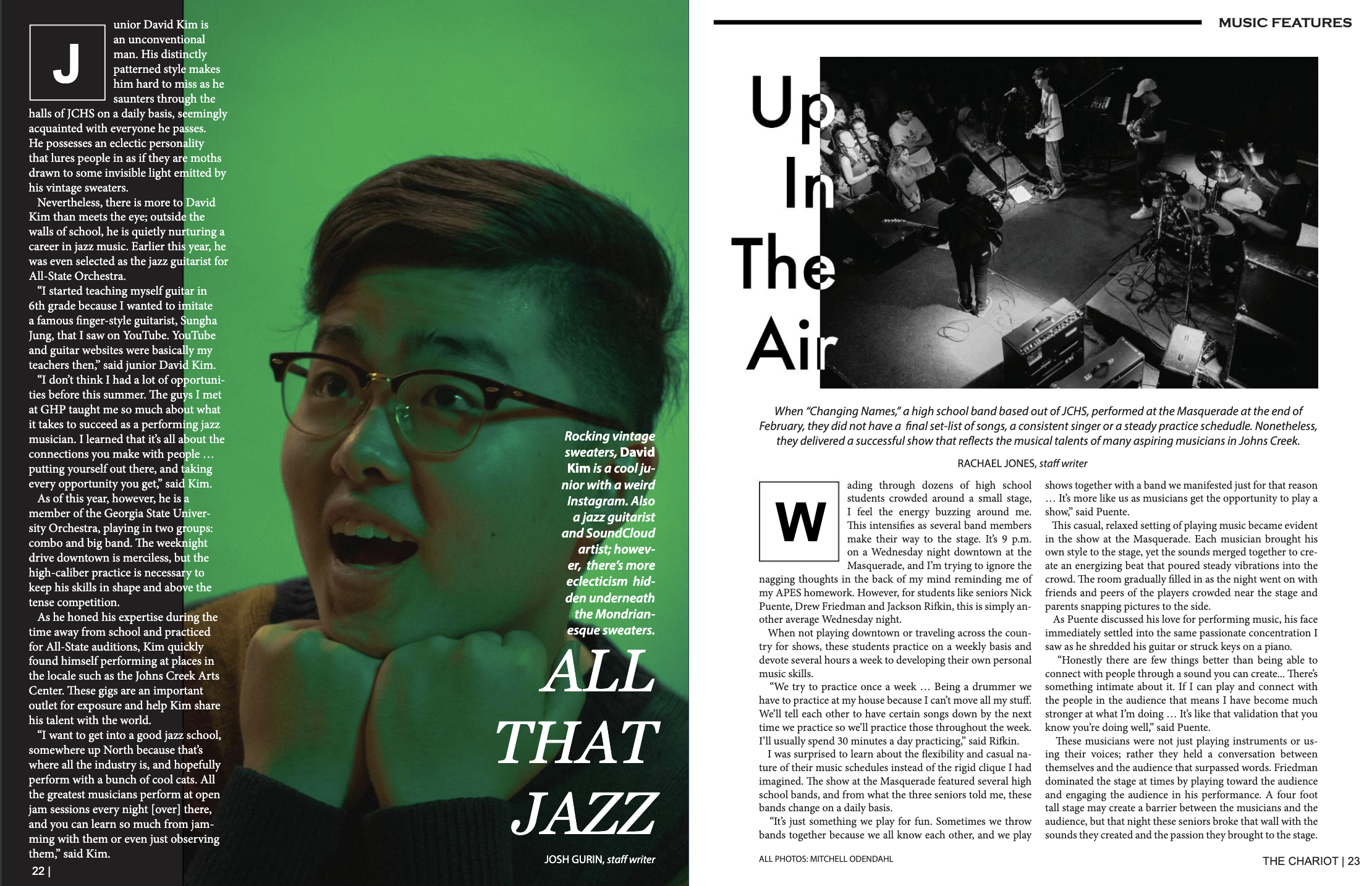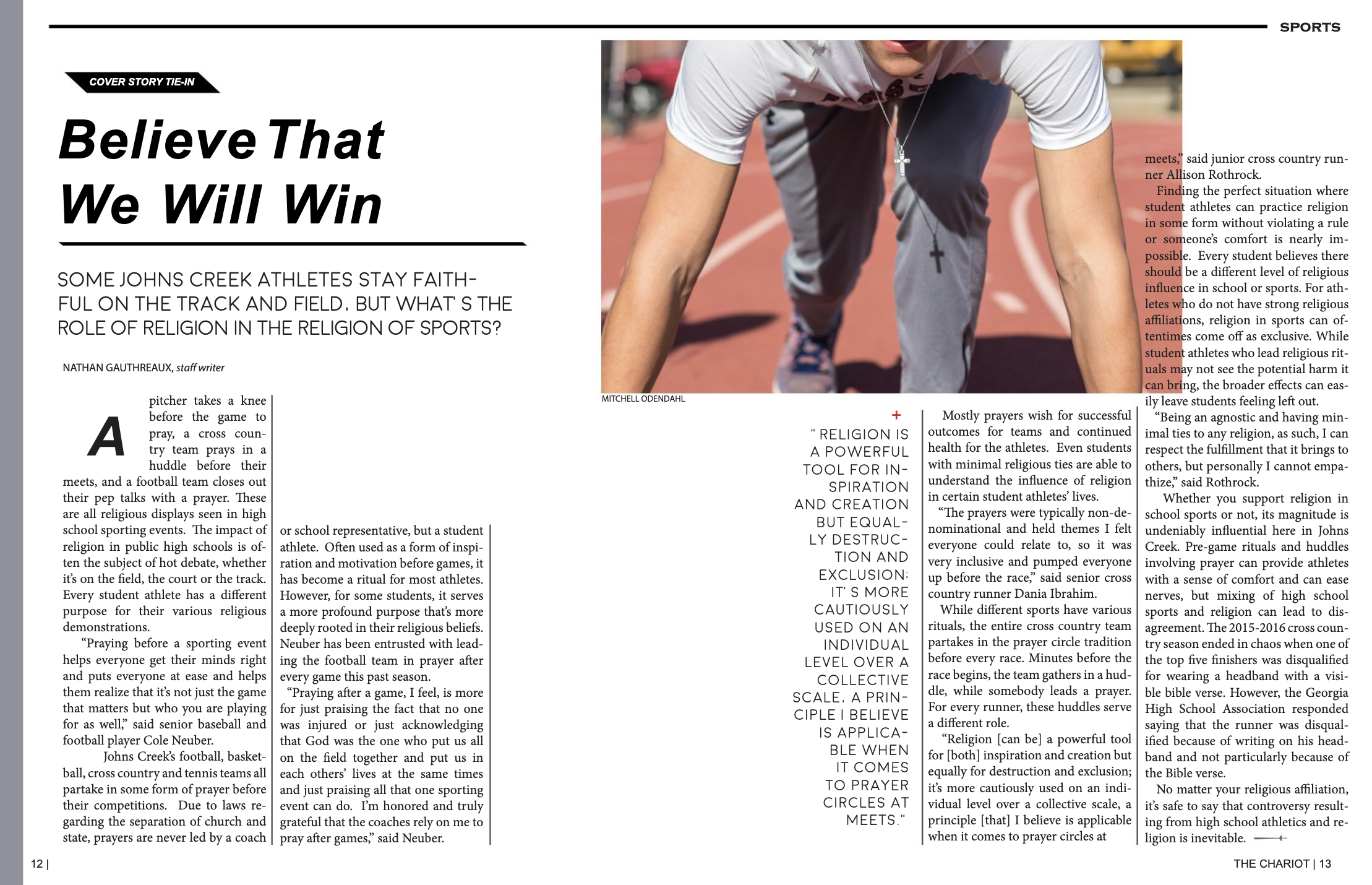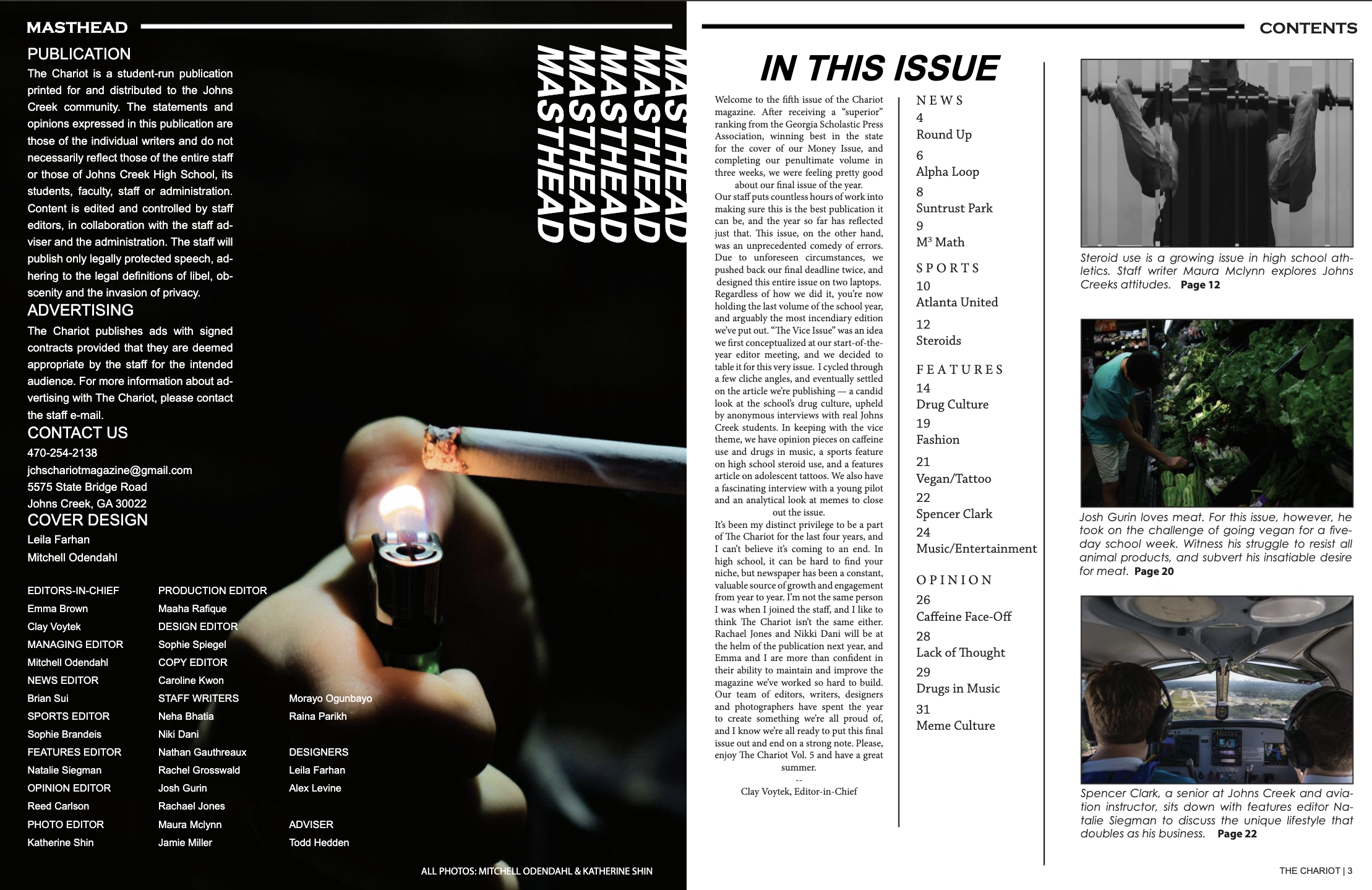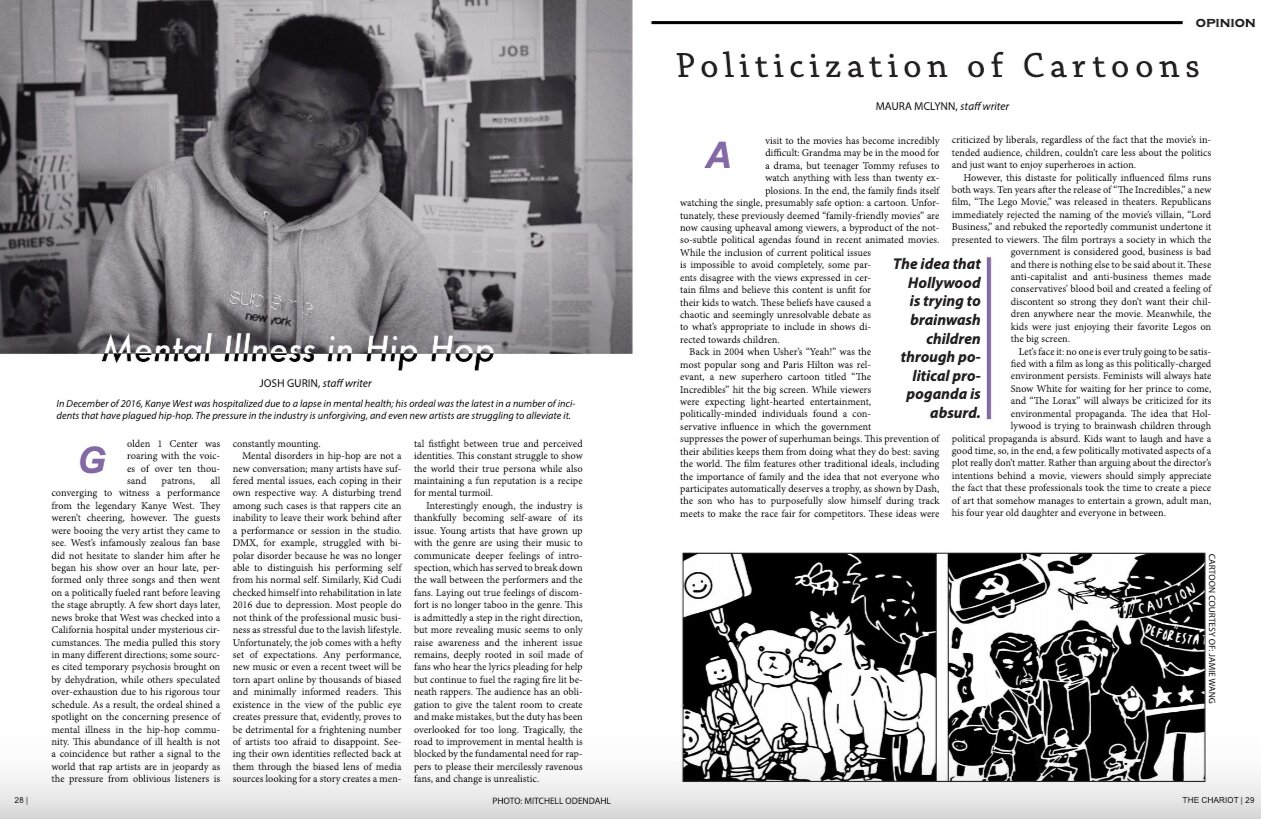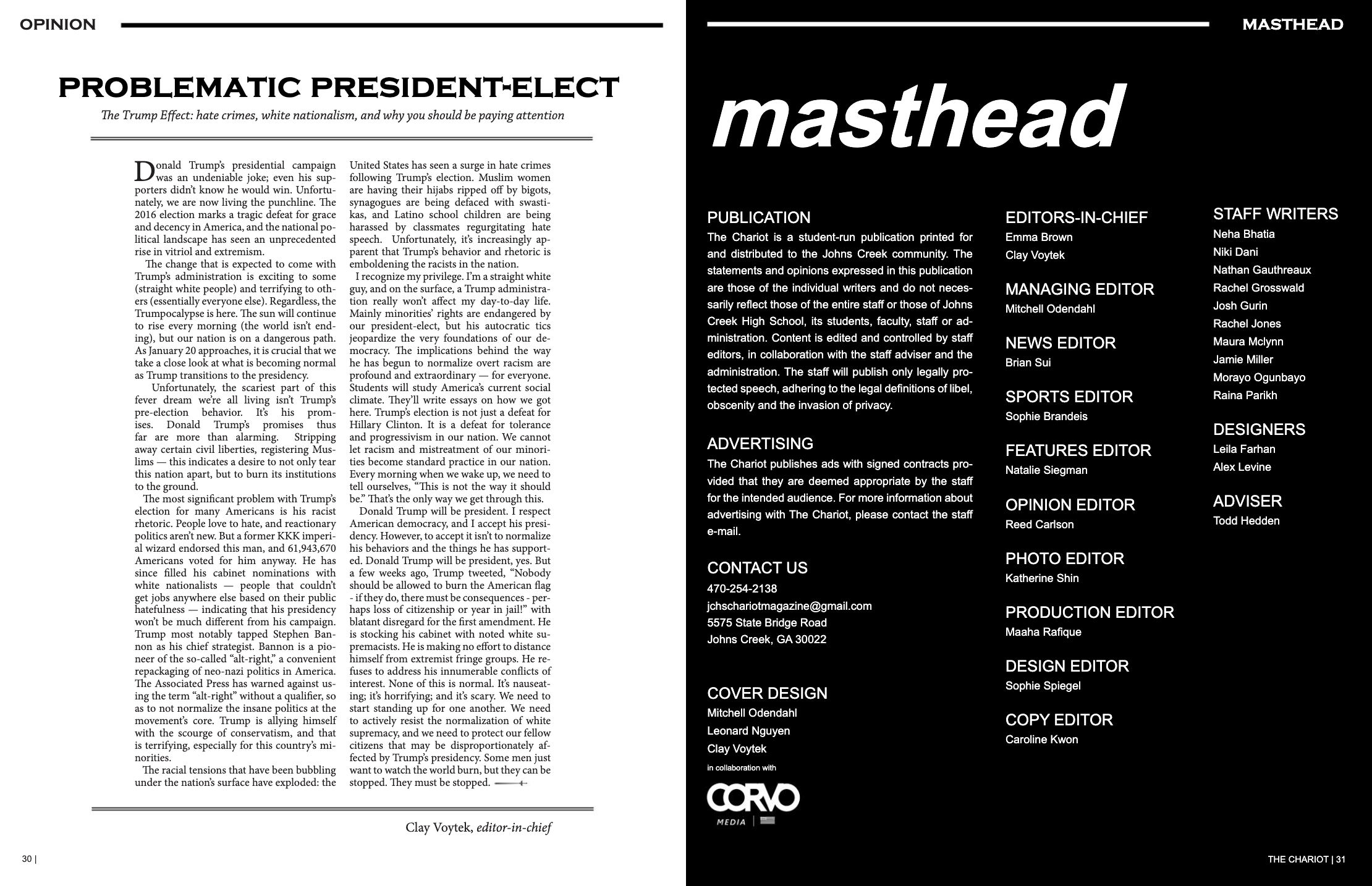My Work
Georgia rolls back precautions two years after COVID-19 shut down, leaving some vulnerable
Enterprise REPORTING FOR
GEORGIA RECORDER
[REPUBLISHED By GPB and outlets in COBB, Douglas, and albany. Featured in GPB’S bi-weekly “GA Today” Newsletter]
State Sen. Donzella James’ voice isn’t as strong as it used to be. In January 2021, James tested positive for COVID-19. She thought it was just her chronic bronchitis, but the next morning, she found herself in a crowded emergency room. After subsequent bouts of pneumonia and blood clots, she finally left the hospital in May.
James, an Atlanta Democrat, remains vigilant about COVID-19 today. “I saw people every day dying all around me,” she said. “I am concerned because I know far well what that COVID can do to you.”
Continue at:
Bipartisan effort to reform Georgia’s wrongful conviction compensation process advances
Enterprise REPORTING FOR
GEORGIA RECORDER
[REPUBLISHED BY GPB AND THE COBB CO. COURIER]
Two decades ago, Kerry Robinson was convicted for a 1993 rape in Moultrie after he was falsely implicated by one of the actual perpetrators and a state forensic analyst. Robinson, 46, spent nearly the next 18 years of his life in a Georgia prison until he was exonerated with DNA evidence in 2020.
Robinson is one of three Georgians currently seeking restitution for a wrongful conviction through an ad hoc legislative process that critics have long described as inefficient and inconsistent.
Continue at:
Renter struggles remain as Georgia’s assistance program dodges federal funding claw back
ENTERPRISE REPORTing FOR
GEORGIA RECORDER
[REPUBLISHED BY GPB AND OUTLETS IN COBB AND GWINNETT, featured in Axios Atlanta’s daily newsletter (Feb. 23)]
Janell Wise has lived in the same apartment since she moved to south Cobb County from Tennessee in 2014. Wise, 40, lives with her 13-year-old son in Mableton and works as a team leader at an Amazon facility near Fairburn.
Last August, she came down with COVID-19. After her son tested positive in September, she missed nearly two months of work.
READ MORE AT:
The State of Employment: Collaboration, Change and Solutions Amid COVID-19
Cover Story for
making a difference magazine
On June 16, 2020, Governor Brian Kemp announced Chris Wells as the new executive director of the Georgia Vocational Rehabilitation Agency (GVRA). The agency has been undergoing re-organization for the past five years, meaning it has been in a state of perpetual change.
Before Wells’ arrival, GVRA began a major reorganization after years of criticism. The agency, which serves as Georgia’s main employment services resource for people with disabilities, conducted an independent review that identified major problems, including a problematic internal culture, low case closure rate, too many managers and too few well-trained agents.
Continue at:
“Entrepreneurship Corner” Interview Series
video series (producer/editor)
For the Georgia Council on Developmental Disabilities in 2020, I produced a series of videos to supplement a cover story in Making a Difference Magazine. I conducted Zoom interviews with entrepreneurs who have developmental disabilities , and I edited the final packages to showcase their businesses and personalities.
Continue AT:
“Meet the Graduates” Interview Series
video series (producer/editor)
For the Georgia Council on Developmental Disabilities in 2020, I produced a series of videos to supplement a feature in Making a Difference Magazine. I conducted interviews with recent inclusive college program graduates across Georgia on Zoom, and I edited the final packages to introduce each graduate and share bits of our conversations. It was a joy and pleasure to meet all the graduates, and each conversation was extremely unique. I look forward to keeping up with the participants.
Continue AT:
Parents Navigate Georgia’s K–12 Education Supports: Planning for the Future
Reported Feature for
making a difference magazine
(Part 2)
When Joshua Williams walked the graduation stage with his peers in 2014, he received a standing ovation. He didn’t know what the big deal was, his mother Mitzi Proffitt recalls. After returning for another year to complete a math credit and fighting to receive a diploma over a certificate, Joshua officially graduated from high school in 2015.
Continue at:
Parents Navigate Georgia’s K–12 Education Supports: IDEA, IEPs and Students’ Rights
Reported Feature for
making a difference magazine
(Part 1)
Viviana Fernandez purchased a home in Snellville when her son, Cameron, was entering the first grade. Shortly after enrolling him at Britt Elementary, she received a call advising that he be moved to a separate school for kids with disabilities. The school continued to call her for minor behavioral issues, and she recalls feeling intimidated at her son’s first individualized education program (IEP) meeting.
“I cried, and I cried after I got out of there,” said Fernandez, now an advisory member of the Georgia Council on Developmental Disabilities (GCDD). “Most of the time, they were making it seem like I was crazy, that what I was asking for was totally crazy.”
Continue at:
The Arc Georgia Celebrates the Completion of Tomorrow’s Leaders Pilot Program
Event coverage for
making a difference magazine
. . . Before the celebration began, Maffett, Haythorn and Lee sat around a table and discussed prompts from conversation starter cards. One asked, “What would you do if you won the lottery?” Haythorn said she would go to Washington and offer to pay for Medicaid. Maffett said he would buy his mom a new house and cars for his brothers. Lee said he wouldn’t tell anyone because that’s the smart way to do it. . . .
Read More at:
Gwinnett SToPP Hosts Workshop on Black Boys, Special Education and the School-to-Prison Pipeline
REPORTED FEATURE FOR
MAKING A DIFFERENCE MAGAZINE
After a pattern of behavioral misconduct, students in the Gwinnett County Public Schools system are often sent to the Gwinnett Intervention Eduction (GIVE) Center East. Located on Hi Hope Road just off State Route 316, the alternative school sits directly across from the Gwinnett County Department of Corrections.
Students enter through a metal detector with clear backpacks, the bell rings at 7:05 a.m. and they are dismissed at the end of the day one-by-one. Black boys with developmental disabilities are disproportionately represented in the center’s enrollment data.
A growing group of parents, advocates and students say that the center is teaching kids how to go to prison.
continue at:
GCDD Honored by BELL Academy
Event Coverage for
the GCDD Newsletter
In a hotel conference room sprinkled with a selection of non-visual toys and adapted board games, Raveena Alli typed out her name on a braille typewriter. Alli, a 13-year-old student mentor, started attending the BELL Academy to practice braille literacy skills when she was four years old. She was wearing a Ruth Bader Ginsberg shirt at the National Federation of the Blind of Georgia’s (NFBGA) 2019 state convention.
continue at:
Ohio’s Food Desert Crisis
REPORTED issue series
RECOGNIZING A FOOD DESERT
IMPACT OF FOOD INACCESSIBILITY
IMPACT ON PHYSICAL AND BEHAVIORAL HEALTH
COMMUNITY-MINDED SOLUTIONS
Every once in a while, Shari Cooper is forced to go to her local corner store to buy a loaf of bread or other essential. The prices at the store in her neighborhood are more expensive than what she pays at a major retailer, but she has mobility issues and isn’t able to get to the nearest full-service supermarket by herself.
FULL SERIES:
Steve Lacy, Rex Orange County & Anti-Pop's Hip-Hop Adjacency
music feature/opinion
[NOTE: I pitched this piece in 2017 after making a personal playlist that weaved DIY pop, R&B and hip-hop. It was the soundtrack to my semester at Georgia State. Shortly after it published, Spotify curated their own “Anti Pop” playlist, which now has over 600,000 followers.]
The first half of “Boredom,” a standout from Tyler, The Creator’s Flower Boy, isn’t made up of the short, happy bars that dominate the rest of the album. Rather, the voice of a 19-year-old English artist demands your attention. Rex Orange County, featured twice on the album, has a fan in Tyler, and he belongs to a growing crowd of young, post-SoundCloud singer-songwriters.
Continue At:
The State of Tech
REPORTED issue series
When talking about his Amazon smart speaker with Alexa, Robert Shuemak catches himself using human pronouns to describe the device. Like many Americans, he uses his speaker, laptop and cell phone every day. But Shuemak has been legally blind since birth and was diagnosed with peripheral neuropathy ataxia at the age of 20, and these tools weren’t designed to assist him.
FULL SERIES:
Hiatus Kaiyote is Already in Your Music Library
music feature/opinion
Hiatus Kaiyote is a name you may not immediately recognize, but the Australian four-piece has a sound you’ve heard.
In the two years since its release, the neo-soul outfit’s sophomore album Choose Your Weapon has been sampled all over hip-hop’s most critically and commercially successful projects. With a complex, GRAMMY-nominated album, a Q-Tip co-sign, and placements on More Life and DAMN., the group has quietly snuck its way into the music libraries of hip-hop fans everywhere.
Continue At:
Agathe Uwilingiyimana
ENCYCLOPEDIA ARTICLE
In my role as a research assistant for Dr. Jennie Burnet, I worked on the first scholarly article on Agathe Uwilingiyimana, Rwanda’s first woman prime minister. I compiled sources from a wide variety of online databases and archives. In the research phase, I accessed digital copies of relevant State Department cables through the National Security Archive. I then copy edited early manuscripts prior to the peer-review process.
ACCESS AT:
Project SEARCH Open House
event coverage for
making a difference magazine
The Woodbridge Group typically manufactures car seats at its plant in east DeKalb County, but the business could soon provide an immersive, on-site internship program for students with developmental disabilities who want to work.

